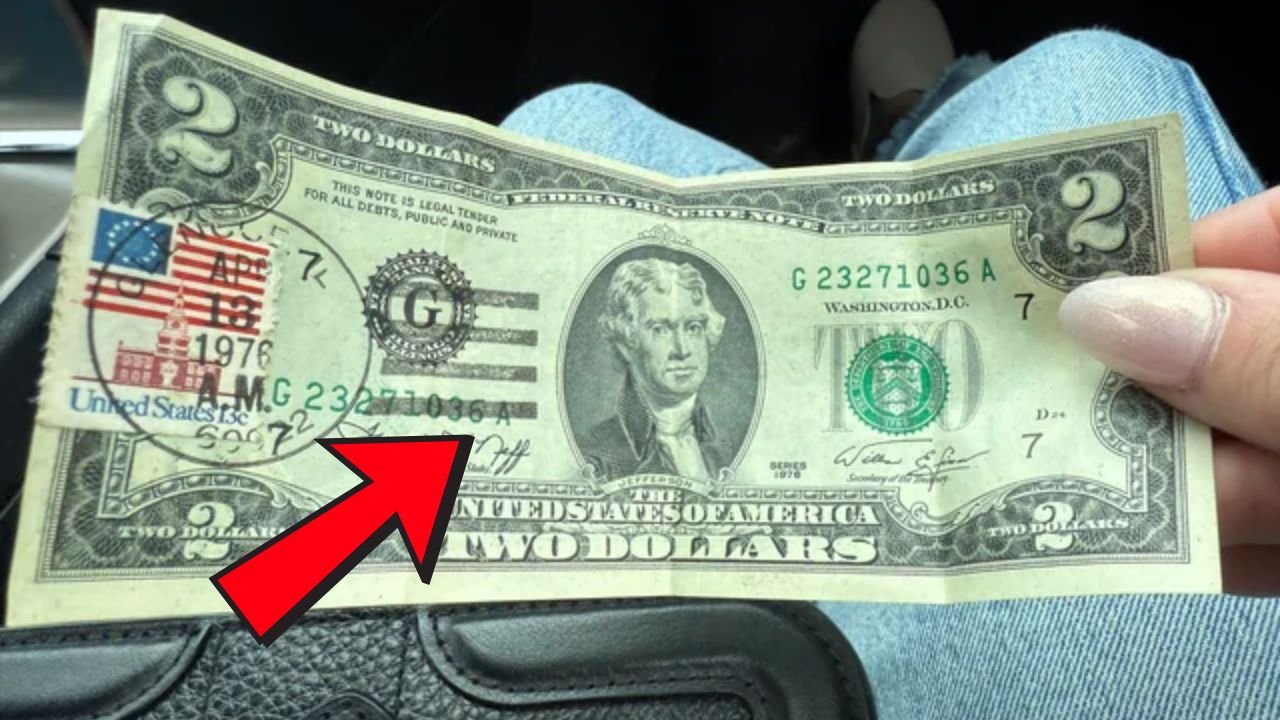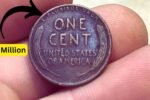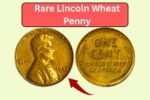That $2 bill in your wallet might be a hidden gem! Some rare U.S. $2 bills, still tucked away in circulation, are worth millions because of printing errors, low production, or historical significance. Collectors are eager to pay big money for these unique bills, and you could have one without even realizing it. This article highlights five rare $2 bills that could make you rich and explains how to spot them.
Why Are These $2 Bills So Valuable?
The $2 bill, first issued in 1862, isn’t used much today, which makes some versions super rare. Their value comes from mistakes during printing, small print runs, or special designs tied to U.S. history. Errors like misaligned prints or missing details make a bill stand out. Others were printed in limited numbers, so they’re hard to find. Collectors love these bills for their rarity and story, sometimes paying millions for a single one.
The 5 Rare $2 Bills to Look For
Here are five $2 bills that could turn your cash into a fortune. Each has unique features to check for:
- 1890 Treasury Note $2 Bill: Known for its ornate “fancy back” design, this early $2 bill is super rare. Only a few thousand were printed, and a crisp one can sell for $500,000 or more at auction.
- 1928-B Star Note $2 Bill: Star notes have a star in the serial number and replace damaged bills. The 1928-B series, with a red seal, is very scarce. A high-quality one can fetch $50,000 to $100,000.
- 1953 Misprint $2 Bill: Some 1953 $2 bills have errors like misaligned printing or inverted designs. These mistakes make them unique, and one in great condition can sell for $10,000 to $25,000.
- 1976 Bicentennial $2 Bill with Low Serial Number: Issued for America’s 200th birthday, some 1976 $2 bills have serial numbers starting with “00000001.” These can sell for $20,000 or more, especially if uncirculated.
- 2003 Premium Federal Reserve Set $2 Bill: Some 2003 $2 bills were sold in special sets with unique serial numbers. A pristine bill from these sets can bring in $5,000 to $15,000.
| Bill Name | Key Feature | Estimated Value |
|---|---|---|
| 1890 Treasury Note | Fancy back design | Up to $500,000+ |
| 1928-B Star Note | Star in serial number | $50,000–$100,000 |
| 1953 Misprint | Printing error | $10,000–$25,000 |
| 1976 Bicentennial | Low serial number | Up to $20,000+ |
| 2003 Premium Set | Unique serial number | $5,000–$15,000 |
How to Spot These Bills
To find these $2 bills, grab a magnifying glass and check your cash closely. Look for serial numbers with stars or low digits, like “00000001.” Check for printing errors, such as misaligned text or upside-down designs. For older bills, like the 1890 or 1928-B, look for red seals or fancy patterns. Compare your bill to pictures online or in collector guides. Keep bills in good condition—creases or tears can lower their value. Don’t fold or mark them, as that can hurt their worth.
What to Do If You Find a Rare Bill
If you think you’ve got a rare $2 bill, don’t spend it! Take it to a trusted currency dealer or appraiser to confirm it’s real. You can also send it to a grading service like PCGS Currency or PMG, which will grade its condition and seal it in a protective holder. This makes it easier to sell at auctions or to collectors. Some $2 bills have sold for hundreds of thousands, so it’s worth getting it checked out professionally.
Start Your Treasure Hunt Today
You don’t need to be a money expert to strike it rich. Check your wallet, cash drawers, or old envelopes for these rare $2 bills. With a bit of luck and a careful eye, you could find a bill worth thousands or even millions. Next time you come across a $2 bill, take a closer look—you might be holding a piece of history that could change your life!



